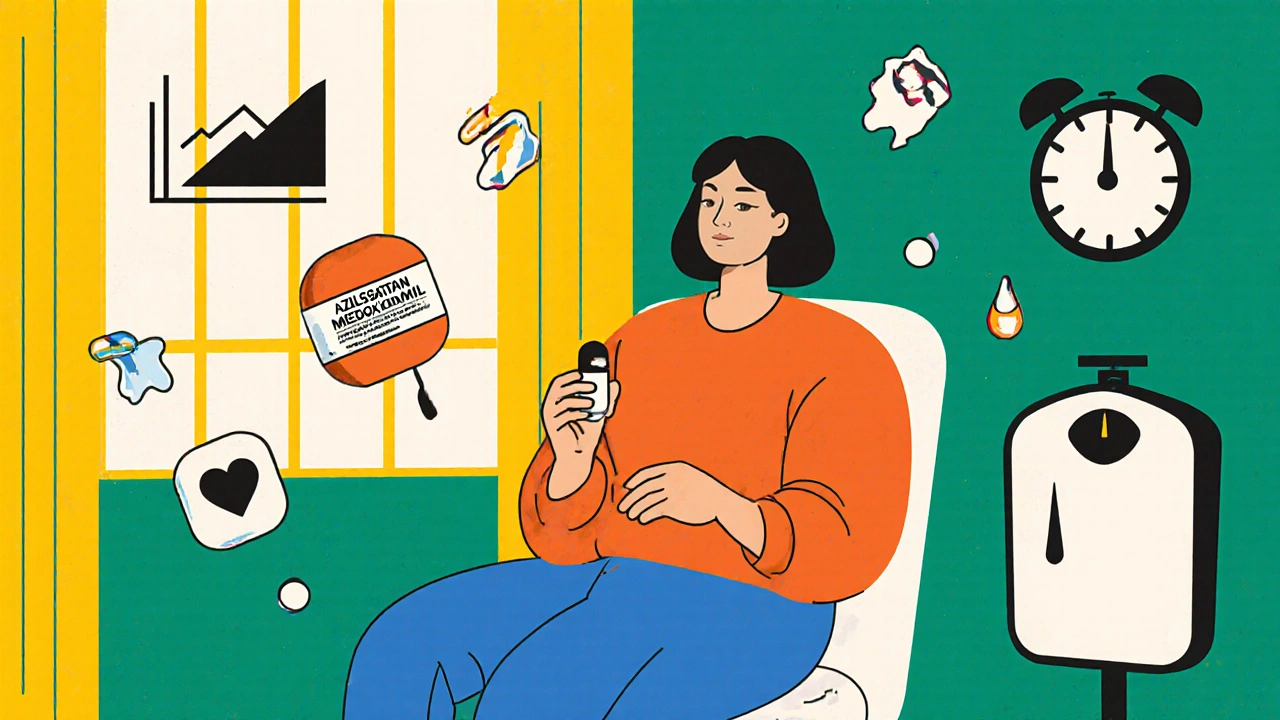Antihypertensive Medications: What They Are, How They Work, and What You Need to Know
When your blood pressure stays too high, your heart and arteries work harder than they should. That’s where antihypertensive, a category of drugs designed to lower high blood pressure and reduce strain on the cardiovascular system. Also known as blood pressure medication, it includes everything from diuretics to beta-blockers and calcium channel blockers. These aren’t just pills you take to feel better—they’re tools that prevent strokes, heart attacks, and kidney damage over time.
Not all antihypertensives work the same way. Some, like Clonidine, a central alpha agonist that reduces nerve signals to blood vessels, calm your nervous system down. Others, like Chlorthalidone, a thiazide-like diuretic that helps your body flush out extra salt and water, cut volume in your bloodstream. Then there are combinations—like Combipres, a fixed-dose combo of chlorthalidone and clonidine used when single drugs aren’t enough—that tackle high blood pressure from two angles at once. Each has pros and cons. Some cause dizziness. Others make you pee more. A few can mess with your electrolytes or slow your heart too much. The right one depends on your age, other health issues, and how your body responds.
You might wonder why some people switch meds every few months. It’s not random. Blood pressure isn’t static. Weight gain, stress, salt intake, even weather changes can push numbers up. What worked last year might not cut it now. That’s why guides comparing alternatives—like Combipres vs. other combo pills or Clonidine vs. beta-blockers—are so useful. They help you understand what’s actually happening under the hood, not just what the label says. And when you’re dealing with a condition that doesn’t always cause symptoms, knowing how your meds work becomes part of staying in control.
The posts below cover real-world comparisons, safety concerns, and practical choices. You’ll find breakdowns of how Combipres stacks up against other combo drugs, why Clonidine might be a good fit for some but not others, and what side effects to watch for with common antihypertensives. There’s no one-size-fits-all here. But with the right info, you can make smarter calls—whether you’re just starting treatment or trying to fine-tune what you’re already on.

